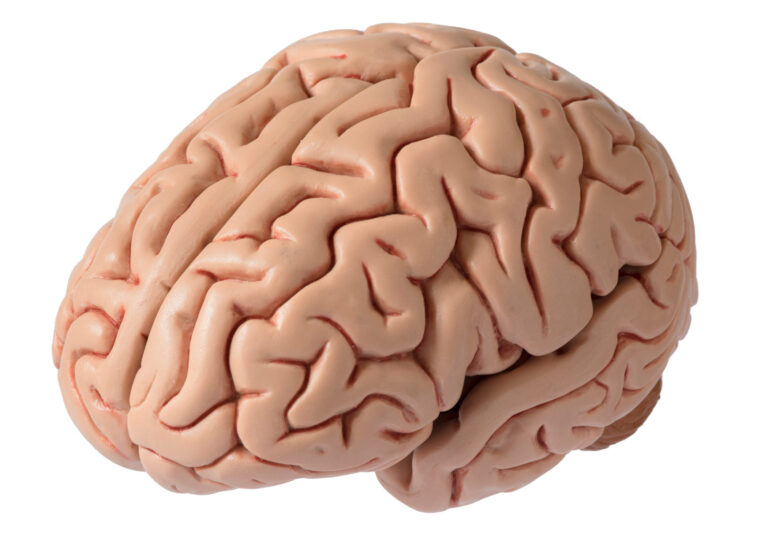Dementia is a chronic neurological disorder that affects millions of people worldwide. It is a disease that slowly and progressively impairs memory, thinking, and behavior, making it challenging for individuals to carry out daily tasks and communicate effectively. While there is currently no cure for dementia, recent research has shown that meditation may be beneficial for both dementia patients and their caregivers.
Meditation is a practice that involves training the mind to achieve a state of mental clarity and emotional calm. It has been around for thousands of years and is commonly associated with spiritual and religious practices. However, in recent years, meditation has gained popularity as a secular practice and has been proven to have numerous health benefits.
One of the main symptoms of dementia is cognitive decline, which includes memory loss and difficulty concentrating. Studies have found that regular meditation can improve cognitive function in individuals with dementia. This is because meditation helps to increase the gray matter in the brain, which is responsible for processing information, making decisions, and forming memories. By regularly engaging in meditation, dementia patients may be able to slow down the progression of cognitive decline and maintain their cognitive abilities for a longer period.
Furthermore, meditation has been shown to reduce stress and anxiety levels in both dementia patients and their caregivers. Caring for someone with dementia can be emotionally and physically taxing, leading to high levels of stress and burnout. In addition, dementia patients often experience feelings of confusion, frustration, and fear, which can contribute to their stress levels. By incorporating meditation into their daily routine, both patients and caregivers can experience a sense of calm and relaxation. This can help them cope better with the challenges of the disease and improve their overall well-being.
Another benefit of meditation for dementia patients is its ability to enhance social connections and reduce feelings of loneliness. As dementia progresses, individuals may become more isolated and have difficulty engaging in social activities. This can lead to feelings of loneliness and depression. However, meditation can help individuals connect with their inner selves and foster a sense of compassion and empathy. This can improve their relationships with others and reduce feelings of social isolation.
In addition to its benefits for patients, meditation can also be a helpful tool for caregivers. Caring for someone with dementia can be emotionally and mentally draining, and caregivers often neglect their own well-being. However, research has shown that mindfulness meditation can improve the mental health and well-being of caregivers. By engaging in regular meditation, caregivers can reduce stress and anxiety levels, increase feelings of patience and compassion, and improve their overall quality of life.
Meditation can also provide a sense of purpose and control for caregivers. Oftentimes, caring for someone with dementia can feel overwhelming and out of their control. However, through meditation, caregivers can learn to focus on the present moment and find peace in the midst of chaos. This can help them feel more in control of their thoughts and emotions, leading to a better sense of well-being.
It is important to note that meditation should not be seen as a replacement for traditional medical treatment for dementia. It is a complementary practice that can be used alongside medication and therapy to improve the overall quality of life for both patients and caregivers.
In conclusion, dementia is a complex disease that affects not only the patients but also their caregivers. While there is no cure, incorporating meditation into the daily routine of both patients and caregivers can have numerous benefits. From improving cognitive function to reducing stress and anxiety levels, meditation may help individuals with dementia cope better with the challenges of the disease and improve their overall well-being. It is a simple yet powerful tool that has the potential to make a significant difference in the lives of those affected by dementia.




